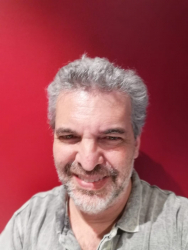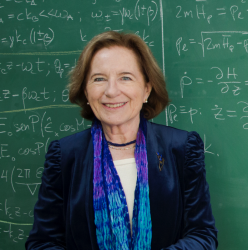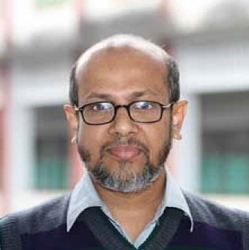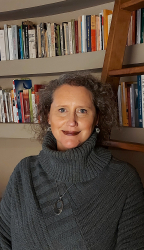Session 9: How to promote inclusiveness in Open Access Publishing Models
Open Science “is a movement aiming to make science more open, accessible, efficient, democratic, and transparent” (UNESCO). With the initiation of scientific journals, a dilemma between sharing new scientific discoveries and the need to make commercial profit began. Based on the UNESCO Recommendation on Open Science (2021) open science can be conceived as an inclusive construct that combines various movements and practicing aiming to make multilingual scientific knowledge openly available, accessible and reusable for everyone, to increase scientific collaboration and sharing of information for the benefits of science and society, and to open the processes of scientific knowledge creation, evaluation, and communication to societal actors beyond the traditional scientific community.
The UNESCO recommendation on Open Science relies on an inclusive, transparent, and consultative process involving all countries and all stakeholders, such as ISC, TWAS, GYA. Following the UNESCO recommendation, many initiatives were developed. On the 2021 theme of the International Open Access Week, ‘It matters how we open knowledge: building structural equity’, ALLEA released a statement entitled “Equity in Open Access”, which addressed how access publishing routes and large read-and-write deals contribute to establishing inequitable structures within academic research. In the same line, TYAN (TWAS Young Affiliates Network) and the Argentinian Young Academy (AJA) developed a joint initiative focused on the impact on early-career researchers, particularly those from developing countries, emphasizing the extremely high and, in most cases, unfair publication costs for authors. These initiatives, among others, promote awareness on the fact that Open Science has the potential of making the scientific process more transparent, inclusive, and democratic, and provide an international framework for open science policy and practice. In this regard, although it is increasingly recognized that Open Sciences as a critical accelerator for the achievement of the United Nations Sustainable Development Goals, still many challenges limit the goal of reducing knowledge gaps, such as the costs of article processing charges (APC) associated with some open access (OA) publication models such as the gold OA. APCs are economically prohibitive for many scientists, especially from developing-countries.
A push for open access without a more comprehensive reform in academic publishing, will make science less inclusive and diverse, losing the contribution of key scientists based on LMICs capable of reaching solutions for global challenges. Additionally, although well-established professors could be more capable of producing quality science under challenging conditions, early career researchers are highly restricted by the costs of APCs, diminishing their chances to be well-established. The aim of this session is to initiate discussion on “Open Access” and “Article Processing Charges” (APCs) with scientists and stakeholders from the global community to help in identifying a solution. More discussion and strategies on how to overcome these challenges are needed for true inclusiveness in the Open Access Publishing Models.
Watch the video recording of the session here:
Primary session organizer: Luciana Balboa, Global Young Academy (GYA) & AJA (Academia Joven de Argentina); Sandra Lopez (GYA); Roula Abdel-Massih, TWAS Young Affiliates Network (TYAN); and Franco Cabrerizo (TYAN & AJA).





